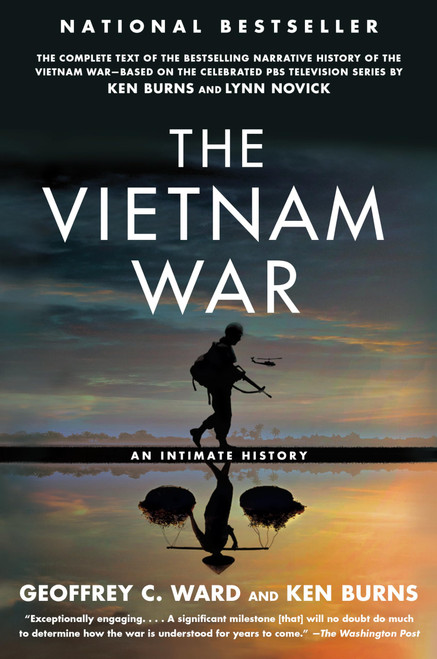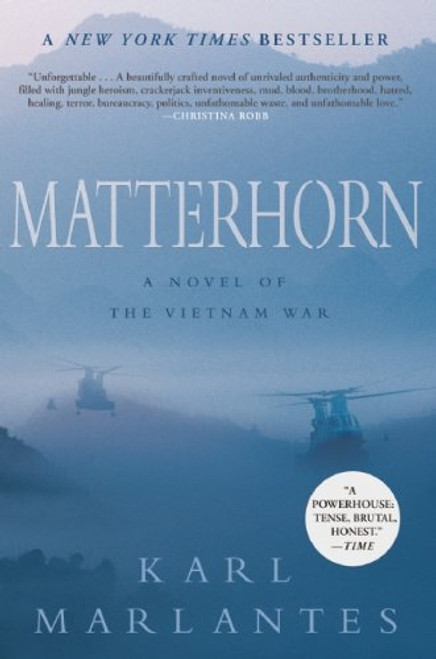A revelatory look at the decisions that led to the U.S. involvement in Vietnam, drawing on the insights and reassessments of one of the wars architects
I had a part in a great failure. I made mistakes of perception, recommendation and execution. If I have learned anything I should share it.
These are not words that Americans ever expected to hear from McGeorge Bundy, the national security adviser to Presidents John F. Kennedy and Lyndon B. Johnson. But in the last years of his life, Bundytheonly principal architect ofVietnam strategy to have maintained his public silencedecided to revisit the decisions that had led to war and to look anew at the role he played. He enlisted the collaboration of the political scientist Gordon M. Goldstein, and together they explored what happened and what might have been. With Bundys death in 1996, that manuscript could not be completed, but Goldstein has built on their collaboration in an original and provocative work of presidential history that distills the essential lessons of Americas involvement in Vietnam.
Drawing on Goldsteins prodigious research as well as the interviews and analysis he conducted with Bundy, Lessons in Disaster is a historical tour de force on the uses and misuses of American power. And in our own era, in the wake of presidential decisions that propelled the United States into another war under dubious pretexts, these lessons offer instructive guidance that we must heed if we are not to repeat the mistakes of the past.










